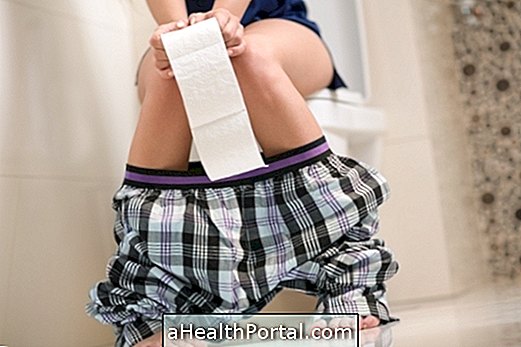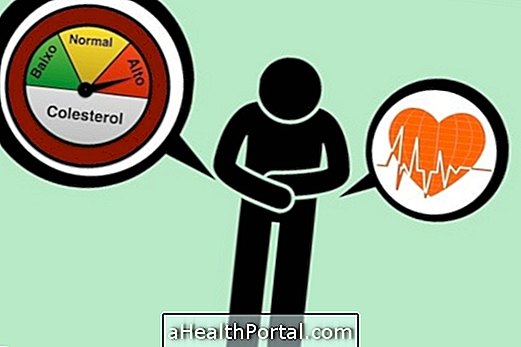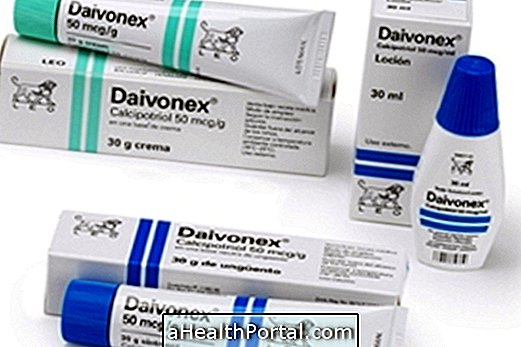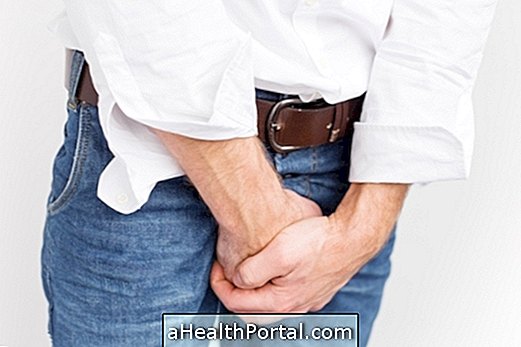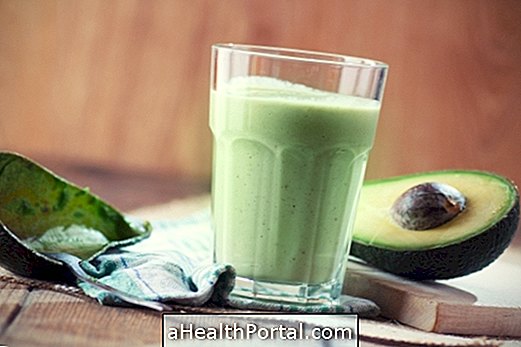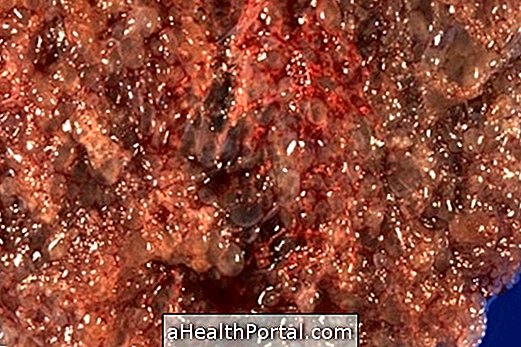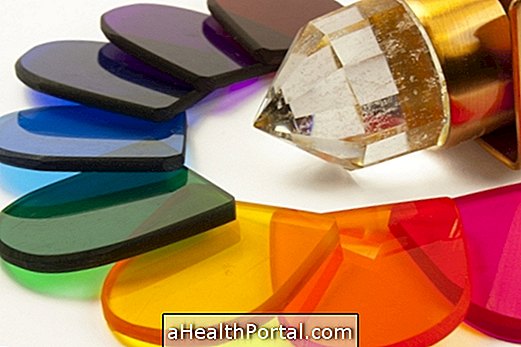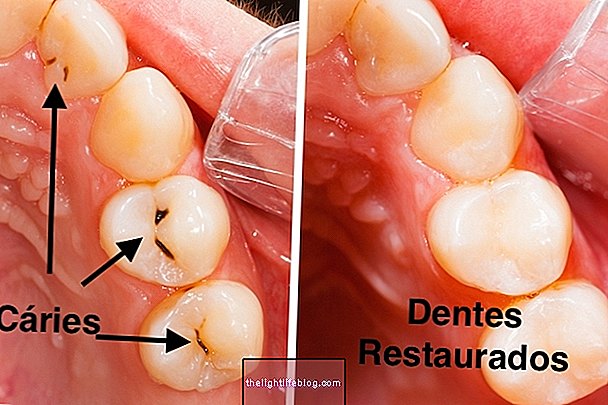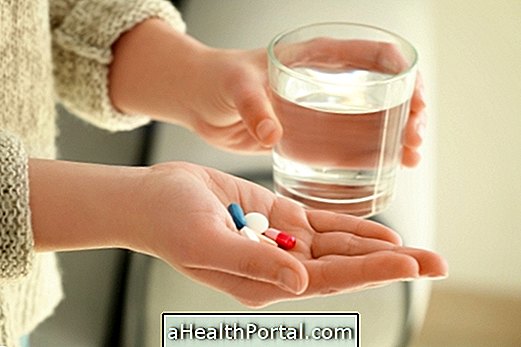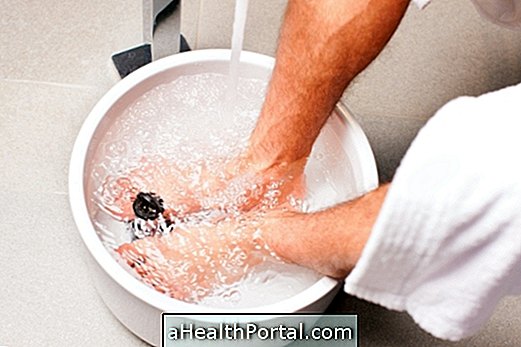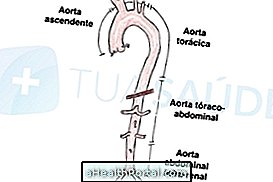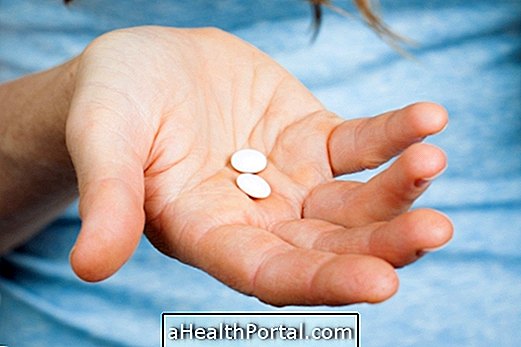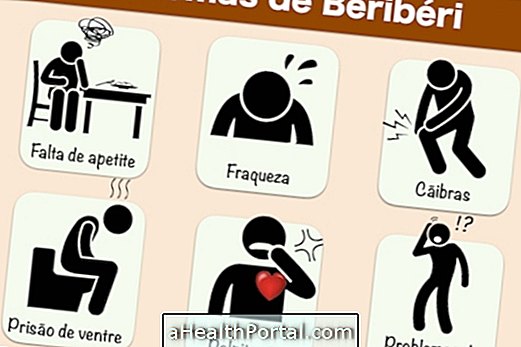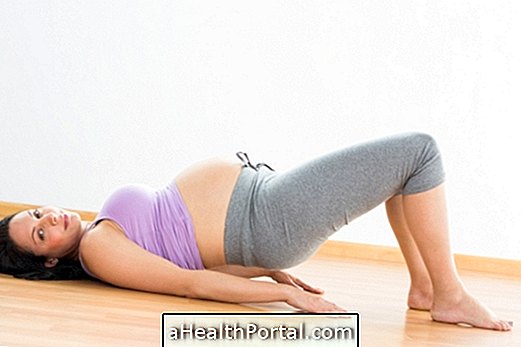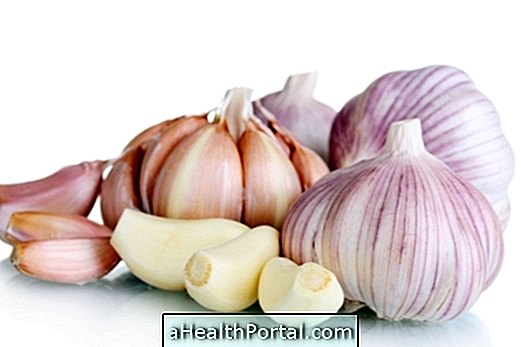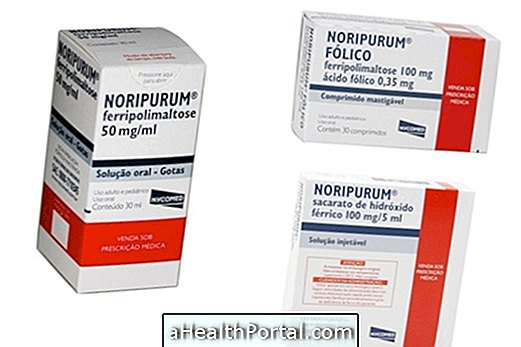The diabetic should not drink alcohol because alcohol can unbalance optimal blood sugar levels, altering the effects of insulin and oral antidiabetics, which can cause hyper or hypoglycaemia.
When the diabetic ingests excessive alcoholic beverages, such as beer, for example, the liver is overloaded and the mechanism of glycemic regulation is impaired. However, as long as the diabetic is on an adequate diet and with controlled sugar levels, he does not need to completely exclude alcoholic beverages from his lifestyle.
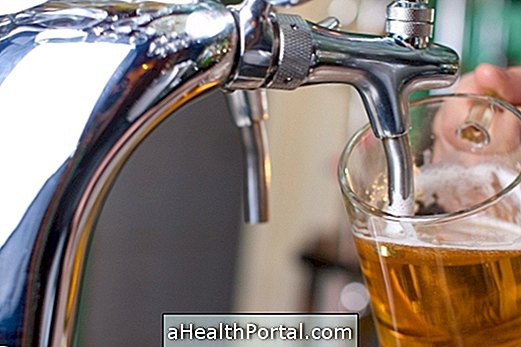
Maximum amount of alcohol in diabetes
According to the American Diabetes Association, the maximum amount of alcohol that the compensated diabetic can drink per day, without harm, is:
- 680 ml beer with 5% alcohol (2 cans of beer);
- 300 ml of wine with 12% alcohol (1 cup and a half of wine);
- 90 ml of distilled beverages such as whiskey or vodka with 40% alcohol (1 dose).
These amounts are calculated for the male diabetic with controlled glycemia levels, and in the case of women, half of the quantities should be considered.
What to do to decrease the effect of alcohol on diabetes
To decrease the effect of alcohol on diabetes and avoid hypoglycemia, one should not drink on an empty stomach, even with controlled diabetes and drinking in the recommended amounts. It is therefore important that when diabetics eat alcoholic beverages, they also eat foods with carbohydrates, such as toast with cheese and tomato, lupines or peanuts, for example, to make alcohol absorption slower.
In any case, before and after drinking, it is important to check the blood glucose level and correct the values, if necessary, according to the endocrinologist.

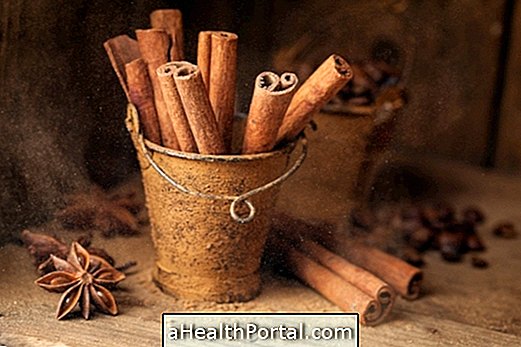


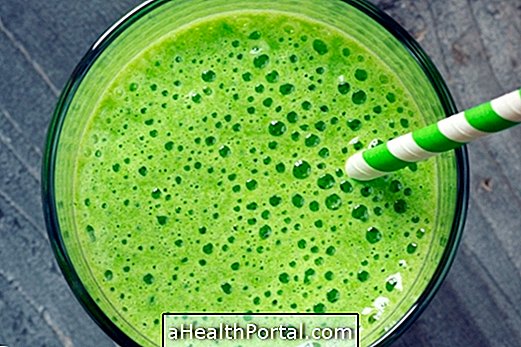
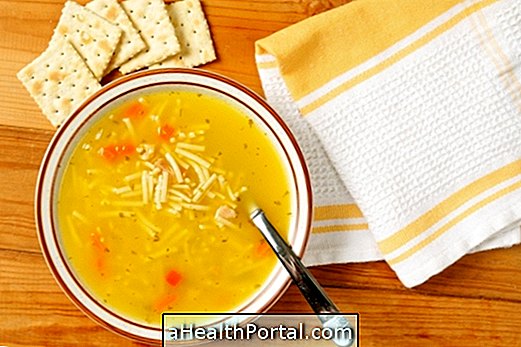

-o-que--como-identificar-e-o-que-fazer.jpg)
